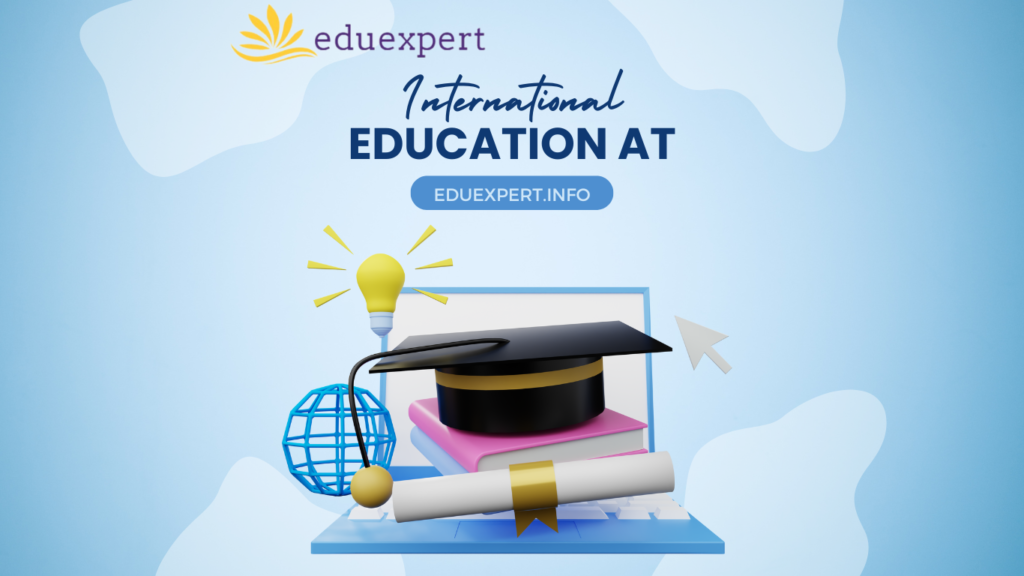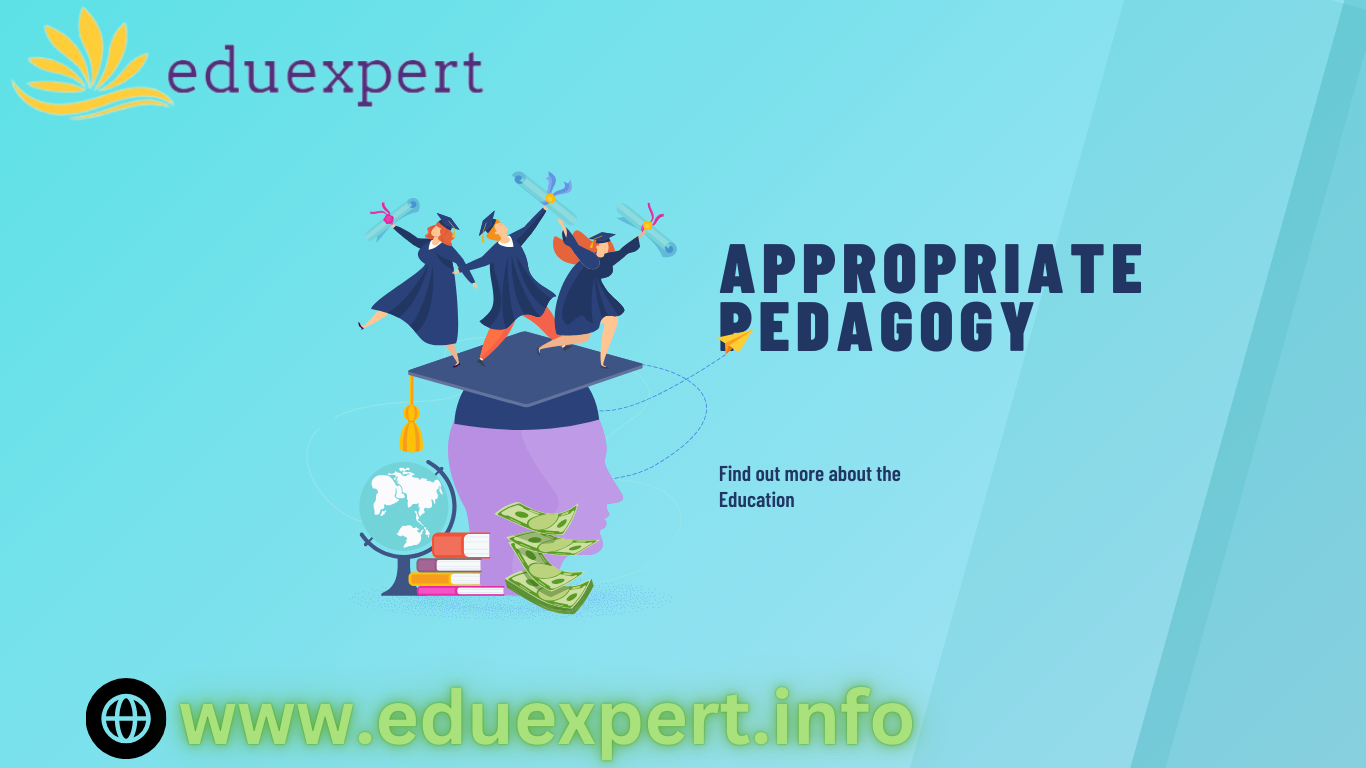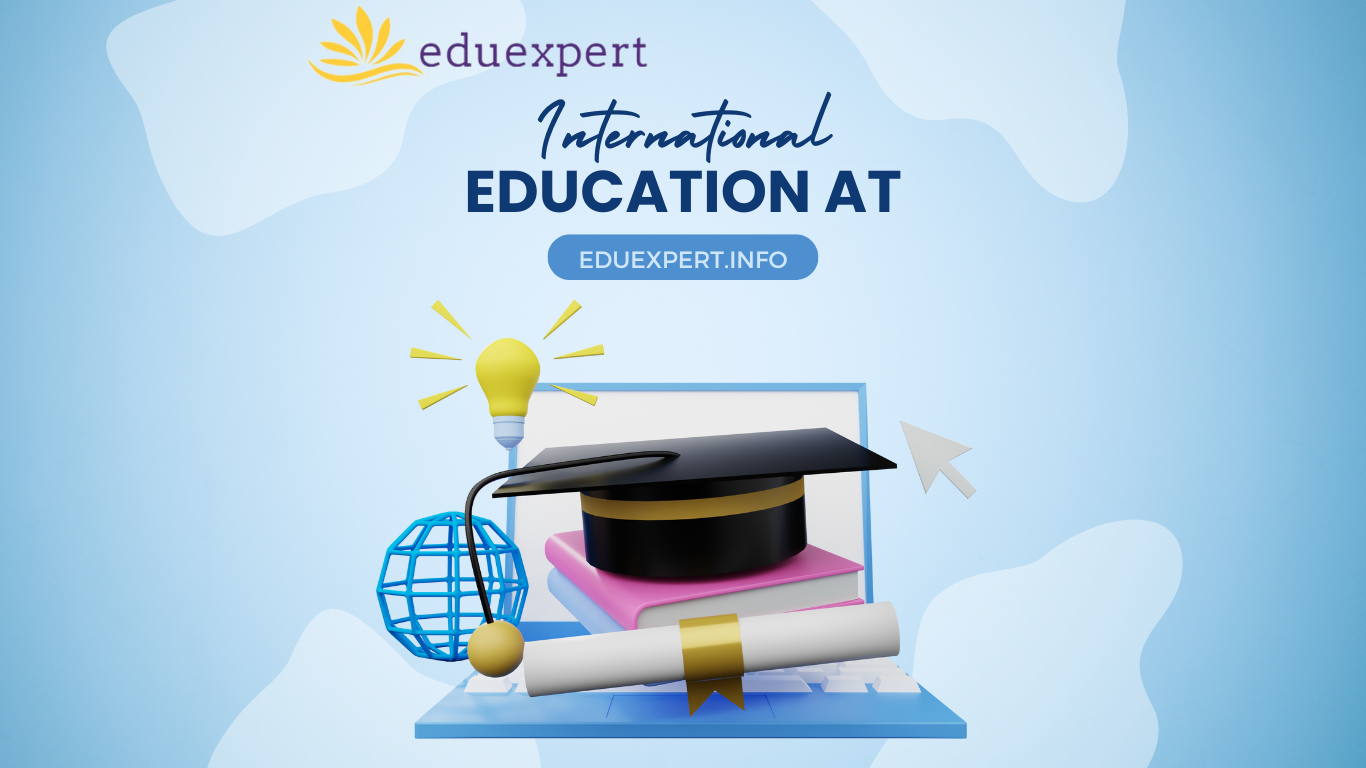A pioneering Brazilian educator and philosopher, Paulo Freire paved new paths in educational theory with his landmark work “Pedagogy of the Oppressed. Freire’s text appeared in the midst of a 1960s cultural upheaval, casting a caustic eye on conventional educational pursuits with its message about education and social change. The book remains one of the primary texts for those interested in critical pedagogy, as it continues to influence educators worldwide who are creating environments where teachers and students engage in relationships based on dialogue that stimulate intellectual growth.
Background and Context
Paulo Freire (1921-1997) was born in Recife, Brazil, and witnessed extreme poverty at that time due to the economic depression of 29. Freire, who worked mainly with illiterate adult people in Brazil, operated within the condition of deep social and economic disparity. Exile from Brazil after a military coup resulted in the honing of his ideas while contributing to their national and social dimensions as manifested within the educational sphere. Capitalism, Class Difference and the Core Concepts of Pedagogy of the Oppressed
Again, The Oppressed and the Oppressor
Freire: The dominated and the dominator. He claims that the education system is a weapon used by the rulers to perpetuate their power in society, ensuring that his subjects remain ignorant of how they are being controlled. At the centre of Freire’s argument is the idea that oppression has been detrimental to both parties — and true liberation only when it frees them from any form of subjugation; they must understand their predicament (through critical awareness) and work together on transforming society as a whole.
Banking Concept of Education
One of Freire’s most powerful contributions is his conceptualization of “banking” education, wherein teachers make deposits into student accounts, and students passively receive the knowledge – memorize it, at best, like a parrot. So, this pattern enforces a continued lack of critical thinking and helps sustain the status quo. Freire argues for a much more participatory and solution-based educational method, which he refers to as “problem-posing education.
Problem-Posing Education
In opposition to the banking model, problem-posing education is a way in which students and teachers come together through dialogue; they co-investigate their realities, thereby teaching one another what it takes to understand better how reality operates around them. This way wakes up the soul, leading to transmutation.
Dialogue — Education as the Practice of Freedom
Freire argues that education should be an act of freedom, and it must promote the exercise of critical thinking, dialogue, and reflection instead of memorization. Dialogics requires students to be a part of the learning process actively, shifting their focus from just consuming knowledge passively, into critical thinking participants.
Impact on Educational Theory Effects on Education Practices
The educational practices that the work of Freire has inspired are highly influential throughout the world. They have sparked movements and educational reforms to teach in student-centred ways with democratic classrooms. Educators following Freirean methods tend to work on collaborative projects, offer dialogic teaching, and rely on critical Pedagogy of the Oppressed strategies that aim to help students take greater control of their lives and engage critically with the world itself.
Case Studies
Brazil: Freire’s techniques were implemented in adult literacy courses in Brazil. These programs were also successful in illustrating how learners can engage in active dialogue and critical reflection around texts that pertain to their particular life struggles.
New York, USA: Some schools in education centres are using Freirean methods to interact with students so that they would be able to contribute socially as one part of their role in community changes and city justice.
Critical Analysis
Support for Freire’s Theories
Many educators and educational theorists laud Freire for his transformational approach to education, one that seems aligned with progressive and inclusive forms of education. They maintain that in a democratic society such as ours, his focus on dialogue and problem-solving is essential for cultivating young people who are independently minded-.
Critiques of Freire
However, some critics contend that Freire’s model could be more realistic and realistic on a large scale in systems as diverse as contemporary education. Others have argued that the kind of structure he is promoting would be hard to effectuate – possibly not even effective – in many circumstances.
Freire’s Relevance Today
Use in the Culture of Educational Contexts
Although Freire’s pedagogical theories are not merely historical footnotes, they remain as active agents of change in global educational practices. Nowadays, dialogic and critical thinking are more important than ever as a means of learning how to think for ourselves, so it comes as no surprise that Freire’s commitment to participative problem-solving education is still incredibly pertinent. Freirean methodologies are practised at educational institutions of all levels, from primary schools to universities, where students question and adopt an active role in their engagement with the curriculum.
Critical media literacy – we also see the current applications of Freire’s ideas about critical consciousness in this area, as they are extended to media analysis and criticisms for students that allow them to explore how different parts involve messages and productions.
Social Justice Education: Freire’s focus on oppression and liberation offers a vital lens for exploring issues of social justice in the classroom, allowing students to relate systemic structures and empowering them towards change.
Application to Non-Academic Areas
Freire is an operative presence that extends beyond traditional definitions of education. Community development, social work and organizational management continue to employ his terms of dialogic engagement and critical reflection. Through the use of methods inspired by Freire, these fields create learning spaces where individuals and communities can develop a full praxis of their situation and ways to transform it.
Community Empowerment Programs – programs intended to empower marginalized communities often use methods drawn from Freire in their attempts to encourage potential community leaders and develop new utilized solutions.
Leadership Development: Business schools use Freire to inform a predefined or transformative leadership style by turning general leader-follower relationships into mutually respectful, conscious decision-makers.
Freire’s Ideas Impact the World
Educational Reforms Worldwide
The global influence of Paulo Freire in educational reforms around the three continents, Latin America through Asia to Africa, is palpable. His ideas have given birth to educational policies and grassroots movements that seek to democratize education for the betterment of those who are left on the margins.
The Latin America Example: In Brazil, NextGEN – Freire’s methodologies were central to adult literacy programs in his native country; those adult literacy programs not only aimed at teaching the rural poor how to read and write, but they also endeavoured to raise political awareness. Similar programs have been reproduced in other Latin American nations, such as Chile and Argentina, to tackle struggles with educator deployment reliant on Freirean pedagogy.
India (Asia): Freire has played a role in some alternative education projects seeking to empower the most marginalized communities. This includes the Barefoot College in Rajasthan, which implements Freirean methods to sow seeds of self-sustenance and liberation across various rural locations.
Africa: Freire’s impact has reached several countries in Africa where his ideas have inspired the development of innovative education programs that blend conventional and critical Pedagogy of the Oppressed. In South Africa, for example, Freirean methods were used to revive the education service of post-apartheid days with an emphasis on reconciliation and social justice.
Adoption in Developed Nations
Freire has helped shape the curricula of several educational systems in developed countries through his theories on critical thinking and social responsibility (particularly in higher education settings). Freire’s ideas are considered by universities in the United States and Europe in classes for education graduates and sociology school students as they represent interest in different areas.
Advancements and Freireian Pedagogy
The arrival of technology in instruction offers new chances for the usage of Freirean training. Community and dialogic learning are at the heart of Freireian education; digital platforms offer unique affordances for this practice.
E-learning platforms
: They are open to mutual interaction and dialogue between users irrespective of their geographical dissection. This is in line with Freire’s construction of education as a co-inquisitive and dialogic experience.
Educational Apps: Similarly, any app that makes problem-posing learning easier and more likely deserves consideration as a digital follow-up to what Freire advocated for. Such tools can thus go a long way in democratizing access to information and education, especially amongst those bereft regions.
Adding Educator Interviews
To understand how these theories are applied in the classroom today, it is helpful to hear from educators who practice Freirean methods. Such narratives might reveal the myriad of obstacles and breakthroughs involved in Freirean Pedagogy of the Oppressed across a range of educational contexts-from urban schools in North America to rural classrooms throughout Southeast Asia. Alternative Education with Freire’s Pedagogy of the Oppressed
Homeschooling and Unschooling
The homeschooling and unschooling movements are influenced by Freire’s concept of problem-posing education, or student-centered learning. The approaches mentioned above to education emphasize learner autonomy and critical thinking combined with real-life experiential learning, which is in agreement with the philosophy of Paulo Freire.
Homeschooling: While that is the elephant in the room, homeschool families often follow dialogical approaches, not a few, unlike unschoolers, but push their kids into deeper inquiries about things they are interested in and create an environment where learning comes from curiosity rather than curriculum mandates.
Unschooling: Built upon Freire’s ideas, unschooling provides learners with the autonomy to decide entirely where their learning is headed. This radical education believes that children if they are allowed to experience life itself, ask questions and seek answers from this world, will learn what is needed based on Freire’s emphasis on liberation.
Community-Based Learning
By using these methodologies in the formation of community-based education programs, curricula can be planned based on what is experienced and relevant to each location. These programs employ learners in place-based projects that advance learning and community development as Freirean education promotes, seeing knowledge itself to be a transforming tool.
Freirean Education Post-Covid
Future implications of Freirean philosophies on educational systems worldwide are also theoretically evaluated, especially in times when the shift to a new societal and technological paradigm is distinct.
Blended Learning Environments: E of the future should blend traditional and digital education tools using guided Freirean dialogic methods. This could be done so that specific people learn explicitly how to engage and process through critique.
Today, as technology erases distance on a global scale, Freire’s ideas might well give an emotional push for upcoming projects between international educational collaborations. They could deepen mutual understanding and learning as both sides hold central importance in critical pedagogy and social justice.
Creating a Bridge Between Freire and Contemporary Dilemmas in Education
Tasker notes that Freirean Pedagogy of the Oppressed speaks to current issues, including educational equity, standardized Testing and the commodification of education.
2: Freire’s belief in ‘education as the practice of freedom’ is also instructive for current struggles over educational equity. Using Freirean principles to develop courses with traditionally underserved populations can work toward enabling equity in a variety of learning environments.
Standardized Testing: critiques of standardized Testing converge with Freire’s criticisms against the banking model, a closer contradiction to Hirsch and Coredorsettini[column0702]. He is critical of traditional approaches, and his work aligns with efforts to make assessments more comprehensive, authentic, and receptive to the individuality students bring to their contexts.
Education and its Commercialization
As the turn towards making educational institutions run as corporations continues, Freire provides a diasporic vision of his attack on oppressive systems within education. It works towards re-orienting education as a public good rather than a commercial transaction while suggesting ethical values and social integrity.
Conclusion
This book is much more than just an educational treatise; it is truly a manifesto for action, not only in the classroom but beyond its walls. His ideas make all of us educators, students, and people unashamedly wonder about what we have come to understand as the predictability of teaching in society. As we find our way in a world that seems only to increase in complexity, the challenge Freire offers of critical engagement and liberatory practice marks one important star by which still to steer. School in its broadest sense: (Re)defining education and the perpetual quest for freedom is through such reflection on Freire’s work that we are reminded, as educator learners, of what radical pedagogy seeks to be schoolhouse… a process by which those who teach are created selves while also creating eternal worlds.
References and More Reading
Freire, P. (1970). Pedagogy of the Oppressed.
Works on critical pedagogy, the books are behind a paywall and many of these articles can be downloaded.
Freire influenced teaching methodologies, with sections that also serve as case studies of educational reforms inspired by his work.
The pedagogical conversation about dialogic and problem-posing education in the sciences.





